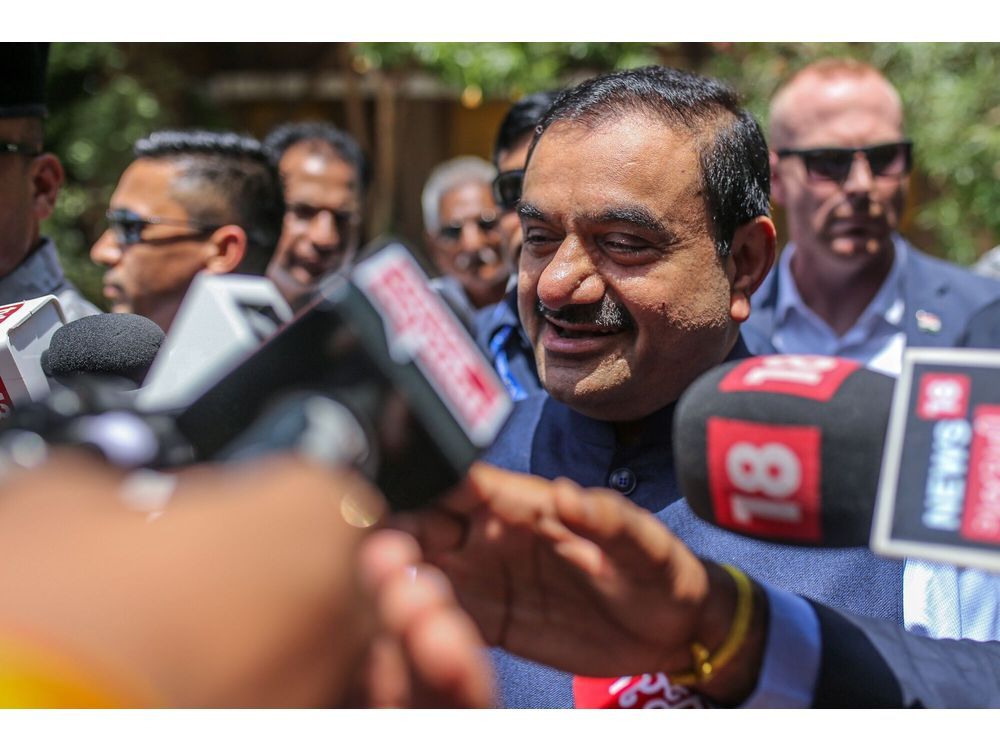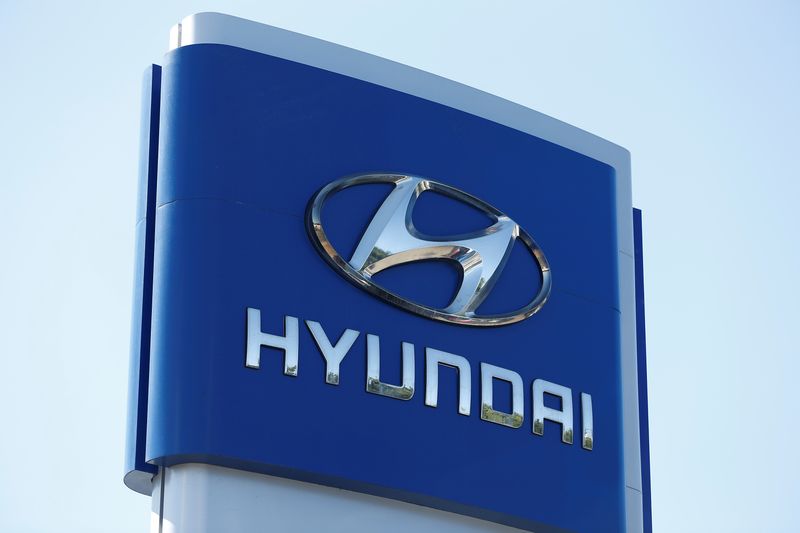What does Due Diligence mean?
Due diligence is the process of investigating, reviewing, and auditing that companies and businesses perform. Usually, they do so to confirm facts relevant to a financial transaction. For example, companies may perform due diligence before acquiring another company. They may do so to verify whether the acquisition will be profitable.
Companies also use due diligence to confirm that they don’t miss other matters during decision-making. Due diligence is crucial before conducting various financial transactions, for example, mergers and acquisitions. Either way, it involves the assessment of financial records before completing a transaction with another participant.
What are the various types of Due Diligence?
There are many types of due diligence that companies may utilize during different processes. Some of the most prominent types include the following.
Financial Due Diligence
Financial due diligence is the process that companies perform to confirm that financial information. It is common for companies to conduct financial due diligence when acquiring other companies. The requirements of the process will differ according to the company’s needs. They do so to obtain certainty about the other company.
Asset Due Diligence
Another type of due diligence that is common among companies is asset due diligence. With this type, companies confirm several things about assets reported in a company’s financial statements. These may include an asset’s existence, legal rights, sale and purchase documents, lease documents, mortgages, etc.
Taxes Due Diligence
Companies may also perform tax due diligence to confirm the tax liability of a target company is accurate. During this process, they might assess whether the company has reported its tax liability properly. Similarly, they may seek some documentation related to it, such as tax returns, tax audit details, etc.
Administrative Due Diligence
Administrative due diligence is also common to confirm admin-related aspects of a company. These may include verifying the facilities that a company owns or occupies. Similarly, companies may use administrative due diligence to get insights into a target company’s operating costs. During this process, they may also verify whether they have reported their expenses accurately.
Human Resources Due Diligence
Human resources represent human capital that companies cannot report in their financial statements. Despite that, they are a crucial part of a company’s success. Human resources due diligence allows companies to assess information about a target company’s workforce. It may include analyzing its total employees, salary expense, employment contracts, benefits, etc.
What is the importance of Due Diligence?
Due diligence can be crucial for several reasons. A proper due diligence process can provide a higher chance of successful investments. Similarly, buyers can use it to verify several critical factors during mergers and acquisitions. It also allows them to develop expectations from the transaction. For the seller, due diligence can also be beneficial to leverage their position in the acquisition.
Companies can use due diligence in several ways. For example, they may use it to confirm and verify the information before completing a transaction. They can also identify any problems promptly that may affect their decision. Companies also set some criteria for the process, which allows them to customize the process, according to their requirements.
Conclusion
Due diligence is an extensive process that companies use to verify financial information about a target company. It is common for companies to use it during mergers and acquisitions. There are several types of due diligence that companies may perform. This process is beneficial for both the buyer and the seller.
Further questions
What's your question? Ask it in the discussion forum
Have an answer to the questions below? Post it here or in the forum

A proposal to give up search and user data faces long odds but still raises the stakes for the company.

After US federal prosecutors charged Gautam Adani and several associates with fraud, media coverage in India has ranged from dryly factual to over-the-top in its defensiveness, revealing a divide over how to appraise bribery accusations against one of the nation’s richest businessmen.

As artificial wave pools proliferate around the world, surf park developers aim to go green to counter criticism over energy and water use.

